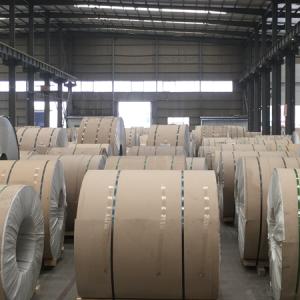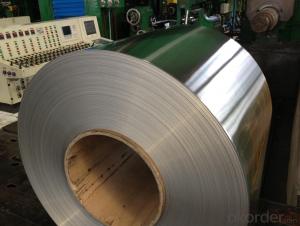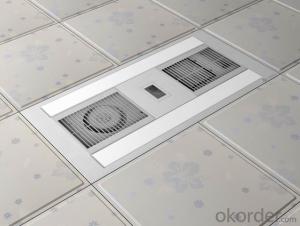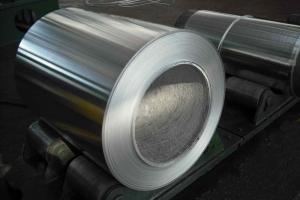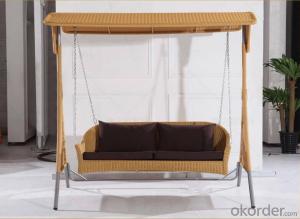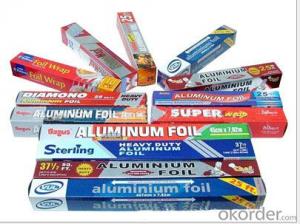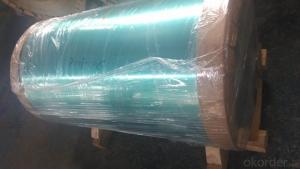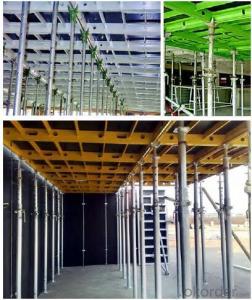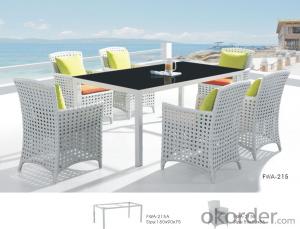5083 H321 Aluminum Plate
5083 H321 Aluminum Plate Related Searches
Led Light Bulbs For Ceiling Fixtures Led Lamps For Ceiling 42 In Ceiling Fan With Light Aluminum Coil Stock For Gutters Aluminum Foil For The Grill Hole Saw For Aluminum Plate Aluminum Tread Plate For Trailer Bow Plate For Aluminum Boat Aluminum Foil For Grow Room Aluminum Foil For Joint PainHot Searches
Stock Price For Aluminum Aluminum Coil Stock For Sale Aluminum Gutter Coil For Sale Used Aluminum Scaffolding For Sale 1/4 Aluminum Plate For Sale Aluminum Bar Stock For Sale Aluminum Round Stock For Sale Aluminum Diamond Plate For Sale Aluminum Scaffolding For Sale Craigslist 6061 Aluminum Plate For Sale Aluminum Dock Plate For Sale 7075 Aluminum Plate For Sale Aluminum Tread Plate For Sale Aluminum Checker Plate For Sale Aluminum Plate For Sale Near Me Plate Aluminum For Sale Aluminum Plate For Sale Aluminum Square Stock For Sale Aluminum Flat Stock For Sale Billet Aluminum Stock For Sale5083 H321 Aluminum Plate Supplier & Manufacturer from China
Okorder.com is a professional 5083 H321 Aluminum Plate supplier & manufacturer, offers integrated one-stop services including real-time quoting and online cargo tracking. We are funded by CNBM Group, a Fortune 500 enterprise and the largest 5083 H321 Aluminum Plate firm in China.Hot Products
FAQ
- The cost-effectiveness of using aluminum coils compared to other materials depends on various factors such as the application, lifespan, and initial cost. Aluminum coils are widely used in various industries including construction, automotive, and HVAC due to their lightweight, corrosion resistance, and excellent thermal conductivity. These qualities make them a cost-effective choice in many applications. When compared to other materials like copper or steel, aluminum coils are generally more affordable. The initial cost of aluminum coils is typically lower, making them a cost-effective option for those working within a budget. Moreover, aluminum coils have a longer lifespan compared to some other materials. They are resistant to corrosion, which means they can withstand harsh environments, reducing the need for frequent replacements. This longevity can result in long-term cost savings. Additionally, aluminum is highly recyclable, making it environmentally friendly. The recycling process for aluminum requires significantly less energy compared to mining and refining new materials. This aspect further contributes to the cost-effectiveness of using aluminum coils. However, it is important to note that in certain applications, other materials may be more suitable. For example, copper coils are known for their superior heat transfer properties, making them ideal for specific HVAC systems where efficiency is crucial. In conclusion, the cost-effectiveness of using aluminum coils compared to other materials depends on the specific requirements of the application. While aluminum coils generally offer affordability, longevity, and recyclability, it is essential to consider factors such as heat transfer, system efficiency, and initial investment to determine the most cost-effective option for a particular project.
- actually pollute more than the process of extracting it from earth and producing new aluminum?I saw a report about 5 years ago on this and was wondering if anyone else had info on this subject.
- There is a significant savings - especially in electricity - about 90% less energy used to recycle aluminum than it takes to smelt ore and process it into useable aluminum.
- Yes, aluminum coils are suitable for interior decorative applications. Aluminum is a lightweight and versatile material that can be easily shaped into various forms, making it ideal for decorative purposes. It also comes in a wide range of finishes, colors, and patterns, allowing for endless design possibilities. Additionally, aluminum is highly durable and resistant to corrosion, ensuring that it will maintain its aesthetic appeal over time. Moreover, aluminum is a sustainable material, as it can be recycled indefinitely, making it an environmentally friendly choice for interior decorations. Overall, aluminum coils provide a cost-effective and aesthetically pleasing option for interior decorative applications.
- Due to their desirable characteristics and benefits, aluminum coils are extensively utilized in the manufacturing of food processing equipment. These coils are typically crafted from high-quality aluminum alloy, which offers exceptional heat conductivity, resistance to corrosion, and long-lasting durability. A primary application of aluminum coils in the food processing industry involves their incorporation into heat exchangers. These heat exchangers serve as vital components within various food processing equipment, including ovens, fryers, and refrigeration systems. The aluminum coils housed within these heat exchangers facilitate the efficient and precise transfer of heat between different mediums, ensuring optimal temperature control during food processing. Another significant application of aluminum coils lies in the production of evaporator coils. These coils are essential to the refrigeration systems employed in commercial food processing. By absorbing heat from the surrounding environment and allowing refrigerants to evaporate, the aluminum evaporator coils contribute to the cooling process, thereby maintaining low temperatures within the equipment. Aluminum coils also find utility in the construction of food storage and transportation equipment, such as refrigerated trucks and containers. The lightweight nature of aluminum aids in fuel efficiency and facilitates the easier transportation of food products while preserving their quality and freshness. Moreover, aluminum coils are highly regarded for their hygienic properties and ease of cleaning, making them an excellent choice for food processing equipment. Aluminum surfaces can be easily sanitized, ensuring a high standard of cleanliness and preventing contamination during food production. In summary, aluminum coils play a crucial role in the manufacturing of food processing equipment by providing exceptional heat transfer, corrosion resistance, durability, and hygienic qualities. Their utilization contributes to efficient food processing operations, optimal temperature control, and the maintenance of food quality and safety standards.
- Yes, aluminum coils are suitable for high-reflective applications. Aluminum is known for its excellent reflectivity, with a reflectance ratio of around 80-90%. This makes it an ideal material for applications that require high reflectivity, such as in lighting fixtures, solar panels, and mirrors. Aluminum coils can be coated or polished to further enhance their reflective properties. Additionally, aluminum is lightweight, corrosion-resistant, and has good heat conductivity, making it a versatile choice for various high-reflective applications.
- Aluminum coils contribute to improved building aesthetics in several ways. Firstly, aluminum coils can be used to create sleek and modern exterior finishes for buildings. The coils can be coated with various finishes such as brushed, anodized, or painted, allowing for a wide range of design possibilities. This versatility in finishes helps architects and designers achieve their desired aesthetic vision for the building. Additionally, aluminum coils can be easily shaped and formed into various profiles, giving buildings a unique and customized look. The coils can be bent, cut, or perforated to create intricate patterns or architectural details, enhancing the overall aesthetics of the structure. This flexibility in shaping allows for creative and visually appealing designs that can make a building stand out. Moreover, aluminum coils are lightweight yet durable, making them an ideal choice for cladding systems. By using aluminum coils as exterior cladding, buildings can achieve a modern and clean appearance. The lightweight nature of aluminum coils also makes installation easier and more cost-effective, ultimately contributing to improved building aesthetics. Furthermore, aluminum is a highly recyclable material, which aligns with sustainable building practices and environmentally friendly designs. Buildings incorporating aluminum coils can be seen as more visually appealing due to their eco-friendly attributes, reflecting the values of the project and its occupants. In conclusion, aluminum coils contribute to improved building aesthetics by providing a wide range of finishes, allowing for creative shaping and customization, offering lightweight and durable cladding options, and promoting sustainable design practices.
- Indeed, aluminum coils possess the capability for utilization in electrical applications. Its abundance in electrical wiring is attributable to its cost-effectiveness and superior conductivity in comparison to copper. Transformers, motors, generators, and other electrical apparatuses commonly rely on aluminum coils. Nevertheless, it is essential to acknowledge that copper surpasses aluminum in terms of electrical conductivity, necessitating the use of larger aluminum coils to attain equivalent levels of conductivity. Moreover, the implementation of specialized insulation and connectors becomes imperative for aluminum coils to prevent corrosion and guarantee appropriate electrical connections.










